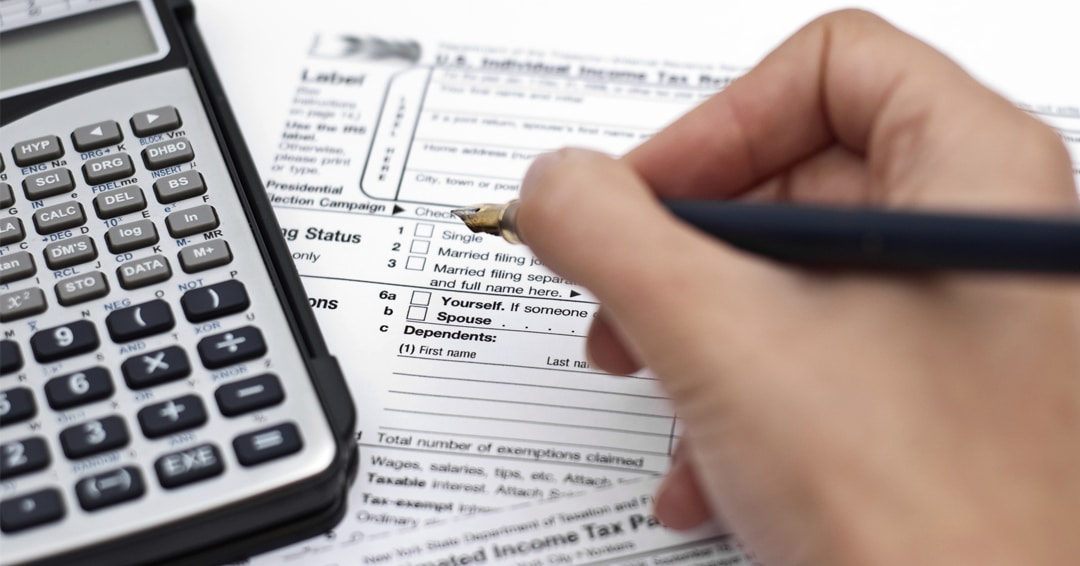
By Joseph A. Bellinghieri, Esquire-
One of the questions I am often asked by clients is why does Pennsylvania impose tax on income in one year when I have had losses in the same investment for years which Pennsylvania has not allowed me to take. The federal government does not do that. Doesn’t the Pennsylvania tax benefit rule help me?
The tax benefit rule is a product of federal common law, created by federal courts in response to anomalies arising out of application of the annual accounting system for taxes contained in the Internal Revenue Code (“IRC”), and was eventually codified by Congress in Section 111 of the IRC. As the Pennsylvania Supreme Court summarized: In general, the rule applies when a deduction of some sort for a loss is taken by a taxpayer in one year, only to have the amount previously deducted recovered in a following tax year. Normally, the taxpayer would be responsible for including the recovered income on his personal income tax return for the year in which recovery occurred. The tax benefit rule states, however, that the recovery of the previously deducted loss is not includible to the extent that the earlier deduction did not reduce the amount of the tax owed in the year the initial deduction was taken. Put differently, the rule permits exclusion of the recovered item from income in a subsequent tax year so long as its initial use as a deduction did not provide a tax saving.
The Pennsylvania Supreme Court has recognized that the Pennsylvania Department of Revenue has seemingly adopted the tax benefit rule in its personal income tax guide and that the tax benefit rule is a complicated doctrine, with many different applications in varying factual scenarios. Unfortunately, there is no state statute or court opinion ensconcing the tax benefit rule in Pennsylvania law. However, Pennsylvania tax law is clear that income and losses must be segregated by class under §7303(a) of the Tax Reform Code of 1971. Furthermore, losses may only be used to offset income of the same class in the same tax year (i.e., they may not be carried over as they can be for federal tax purposes).
The Commonwealth Court of Pennsylvania has recognized that if the tax benefit rule could even arguably apply in some context in Pennsylvania, the unused deduction in the prior year would at least have to have been eligible to offset the subsequent year gain. In other words, under Pennsylvania law, the deduction would have to be an allowable offset against the gain had both been booked in the same tax year. Unlike federal tax law, which taxes income as a single class, Pennsylvania law recognizes eight separate classes of income subject to tax. Furthermore, Pennsylvania Regulations expressly prohibit taxpayers from offsetting or netting, income and losses across classes.
The classes of income under the Pennsylvania law include (1) compensation, (2) net profits, (3) net gains or income from disposition of property, (4) net gains or income derived from or in the form of rents, royalties, patents and copyrights, (5) dividends, (6) interest derived from obligations which are not statutorily free from State or local taxation, (7) Gambling and lottery winnings, and (8) net gains or income derived through estates or trusts.
In a series of cases discussing the only substantive tax benefit law case decided in Pennsylvania to date, the Supreme and Commonwealth Court of Pennsylvania determined that the tax benefit rule cannot be applied to exclude accrued but unpaid interest from the amount realized from sale or disposition of property at foreclosure. In those cases, the Taxpayers invested in a limited partnership which owned a building worth $360 million in the city of Pittsburgh. The Partnership financed $308 million with a nonrecourse Purchase Money Mortgage Note secured only by the Property. Interest on the Note accrued on a monthly basis at a rate of 14.55%. The accrued but unpaid excess would be deferred and, thereafter, compounded on an annual basis subject to the same interest rate as the principal amount of the Note.
Over the years, the Partnership’s net income from operations did not keep pace with projections. The Partnership actually incurred losses from operations for financial accounting, federal income tax, and Pennsylvania tax purposes every year of its existence. For Pennsylvania purposes, the Partnership allocated its annual losses from operations to each partner. Because of the Partnership’s dismal operations, the Partnership paid less monthly interest on the Note than it had projected. The property went into foreclosure in 2005.
At the date of foreclosure, the Partnership had an accrued but unpaid interest obligation of approximately $2.6 billion. The Partnership had used approximately $121.6 million of this amount to offset its income from operations that would otherwise have been subject Pennsylvania tax. The partners did not obtain any Pennsylvania tax benefit from the remainder of the losses. Also, neither the Partnership nor its individual partners received any cash or other property as a result of the foreclosure. That same year, the Partnership terminated operations and liquidated.
In 2008, the Pennsylvania Department of Revenue assessed Taxpayers for their pass-through share of the Partnership’s income realized from the foreclosure of the Property and the cancelation of debt. The class of taxable income at issue, in that case, was the “net gains or income from disposition of property” under Section 303(a)(3) of the tax code.
The court refused to apply the tax benefit rule. While it was true that each partner received no tax benefit from the loss in prior years, each Partner’s lack of offsetting income of the same class in those prior years (or in general) precluded the court from applying the tax benefit rule in those cases.
Overall, it is generally understood that “taxpayers seeking to avail themselves of the exclusionary aspect of the tax benefit rule must establish three requirements: First, there must be a loss that was deducted but did not result in a tax benefit. Second, there must be a later recovery on the loss. Third, and the one that most taxpayers fail is there must be a nexus between the loss and the recovery. This means that the loss must be from the same class as the income that would otherwise have to be reported on the taxpayer’s tax return.
Joseph A. Bellinghieri represents individuals and businesses with a variety of estate, tax, real estate, and business issues.
To schedule an appointment with Joe, call (610) 840-0239 or [email protected].


